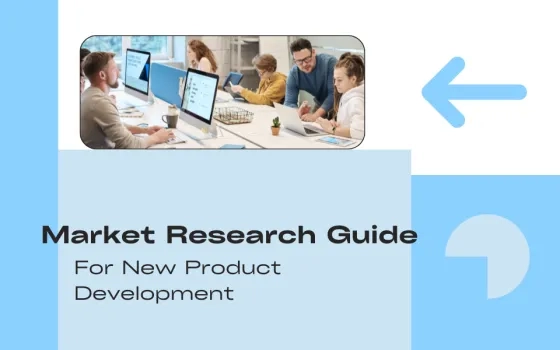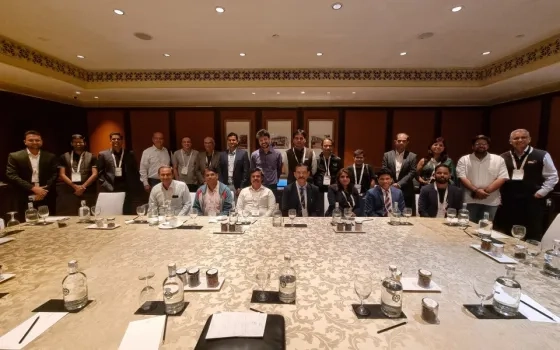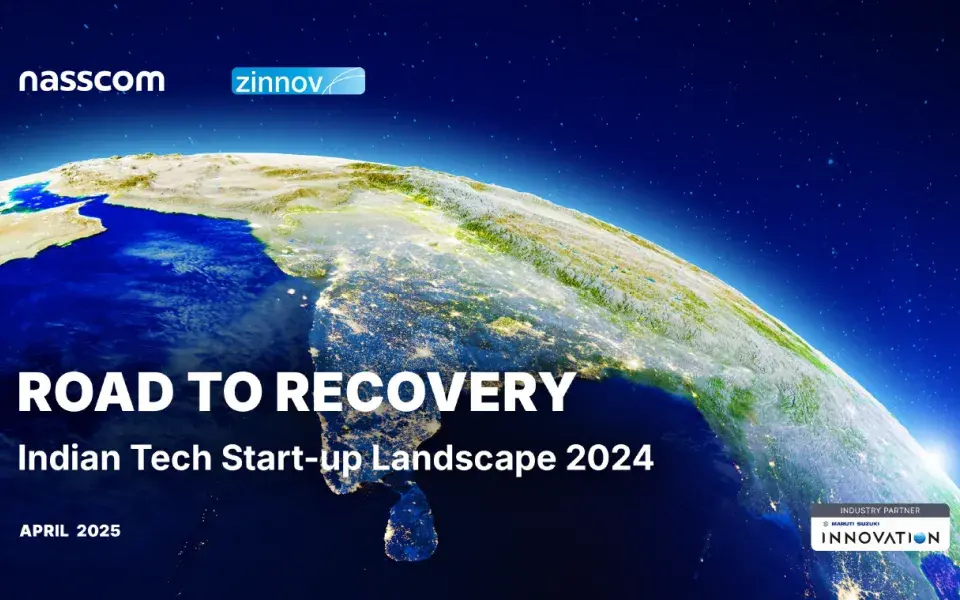Product development for novel ideas allows businesses to give customers more flexibility when purchasing goods. Offering innovative products and services can also attract different customer segments. However, new products can fail commercially. Therefore, managers require feedback from relevant stakeholders to launch them successfully. This post will discuss the role of market research in new product development.
Understanding What Market Research Entails
Market research (MR) includes data collection methods to identify insightful trends in customer behavior, product performance, improvement ideas, and business opportunities. Surveying the stakeholders and analyzing the public data are components of market research.
Primary research acquires data at the source, while secondary market research benefits from the data in the public media. Ultimately, the company leadership knows what makes a product or service popular among the customers through market research reports.
What is Product Development?
Product development involves finding ideas for new features or unique model series. Besides, product managers, developers, designers, and engineers require data on how people use a product/service to understand product innovation opportunities. You also want to know how modifying a product can help you increase consumer satisfaction ratings.
MR reveals the customer’s unmet needs and wants. As a result, businesses can leverage it to increase the viability of commercial success concerning a new product launch. The positive impact of market research on product development has reduced the failure rate of innovative corporate offerings.
How to Conduct Market Research for a New Product Development Strategy?
You can design an MR survey campaign to capture responses to improve new product development plans. The campaign must consist of a set of objective and qualitative questions that the product managers or organizations want to ask the current stakeholders for feedback. This primary market research approach facilitates insights into what stakeholders want without relying on external, potentially misleading consumer reviews.
The new product development surveys/forms allow the production and management teams to scale the feedback datasets across all departments and client categories. You can automate them, host them in the cloud, or program them to share the form data with a particular department.
How to Prepare Market Research Questions to Excel at New Product Development
1| Consider the Target Customer Profiles
Different client groups indicate unique demand for a product or a service. So, a product idea can impress some customers while others might not like the concept. Therefore, businesses must study different geographies and customer profiles, including how they respond to product development ideas.
If you create a product without identifying the ideal customer profiles, you will waste the company’s resources in creating a poorly performing deliverable. For example, you cannot succeed with a premium product if your customers prioritize a balance between price and quality.
Likewise, managers must understand the habits and interests of high-income groups to produce luxury offerings. You also want to leverage market research to collect data across age groups, gender, income, family size, profession, and cultural attributes.
2| Inspect Buyer Motivations
New products can result from combining old product concepts and new technological features. However, their primary objective is to satisfy the customer’s needs. So, market research helps you find the reasons behind a purchase.
Corporations can ask customers why they like certain products or services and how they use the goods. Employees and production staff can also contribute to the feedback pool by voicing their opinions on customer intent.
User intent or customer’s objective can range from solving a personal problem to increasing productivity at the job. Market research services collect similar qualitative data. Therefore, you can integrate this data into your product development discussions.
3| Request Usage-Related Information
The usage surveys can reveal product optimization areas that enhance your products’ safety and user experiences. Consider how kids’ toys must never have sharp edges and pointed corners. Also, electric drills must balance power and noise for the workers’ safety.
Usage monitoring or telemetry identifies the most frequently used features while highlighting the least favorite commands. Therefore, the developers can depreciate the less popular tools.
Customer usage surveys can also ask customers to suggest new product improvement ideas. Sometimes, internal staff members have valuable feedback for new features. Additionally, a company must monitor social media and industry trends to know what makes the new products relevant to the younger generation.
4| Probe Differentiation Opportunities and Competitor Perceptions
The role of market research in a product development project has competitive elements. Therefore, market researchers investigate several products in the same industry segment. If your new product does not offer unique value, customers have no incentive to select your latest offerings.
When a market matures, commoditization takes place. So, shoppers and companies become price-sensitive because all products provide similar experiences. However, you can leverage this mechanism to your advantage.
Unique value addition prompts more customers to select your product instead of competing products. So, market research providers enlist what features can assist you in differentiating your offerings.
For example, you can probe the customer’s opinion of your rival brands in the new product development surveys. Your competitor research team might also notice whether the number of unpleasant reviews exceeds the positive ratings.
5| Discuss Customer Journey Weaknesses and Abandonment
Customer dissatisfaction spreads like wildfire, and product managers want to address it as soon as possible. Therefore, corporations want reliable market research tools for analytical inquiries into product criticism and unfavorable review ratings.
Predicting the cause of client dissatisfaction is a remarkable advantage of MR methods, streamlining new product development. If you know why customers stop using a product’s earlier versions, you can design your latest product series to avoid customer attrition.
Imagine that a new product development survey shows that customers switch brands because of hardware replacement difficulties. If you implement the modular product design philosophy, this problem disappears, and customers can easily replace the hardware without special assistance.
Examples of Market Research Considerations for New Product Development
Product managers, survey planners, and market researchers can integrate a questionnaire to answer the following queries concerning new product development and launch. The primary role of market research in product development is to create datasets and update them periodically to track the considerations mentioned below.
-
How many potential customers can we get for the new product?
-
What differentiates the new product from the ones already available on the market?
-
Will the new product belong to multiple categories?
-
What are the patterns in consumer complaints concerning the product category?
-
What are the usability issues that make a new product less comfortable?
-
What base price must influence the final price of the new product variants?
-
What are the customer trends affecting the sales of the new product?
-
How does the new product satisfy the consumer’s pain points?
-
How does the new product fit in the environmental or sustainable context?
-
Does the product design represent cultural attributes? If so, how will this aspect impact marketing efforts?
-
Can the company secure a patent for the new product concept?
-
What patents and intellectual property rights (IPR) can increase the new production costs?
Conclusion
The effectiveness of market research in a new product development project relies on outcome-specific surveys to collect data on product conceptualization. Market researchers facilitate data-gathering strategies to extract insights and explain why customers purchase, praise, or criticize product features.
Product engineers invest significant efforts and resources to make new products real, while product designers ensure their usability and cultural relevance. However, everyone wants verified consumer surveys and industry trends to maximize the sales potential of their novel product development efforts. After all, MR techniques ensure organizations understand the key drivers for long-lasting brand loyalty and customer satisfaction.

























![[Part 2/2] : Innovating Care: How HealthTech Startups Are Reshaping The Present and Future of Indian Healthcare](https://community.nasscom.in/sites/default/files/styles/560_x_350/public/media/images/ai-generated-9106907_1920-edited_0.jpg.webp?itok=xWs8wsoD)

![[Part 1/2] : Innovating Care: How HealthTech Startups Are Reshaping The Present and Future of Indian Healthcare](https://community.nasscom.in/sites/default/files/styles/560_x_350/public/media/images/ai-generated-9106907_1920-edited.jpg.webp?itok=fJ3Yrln6)



